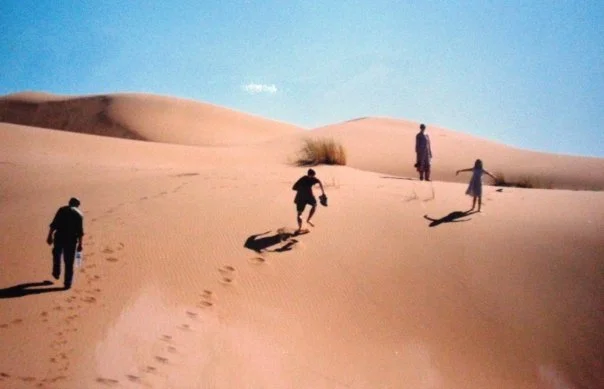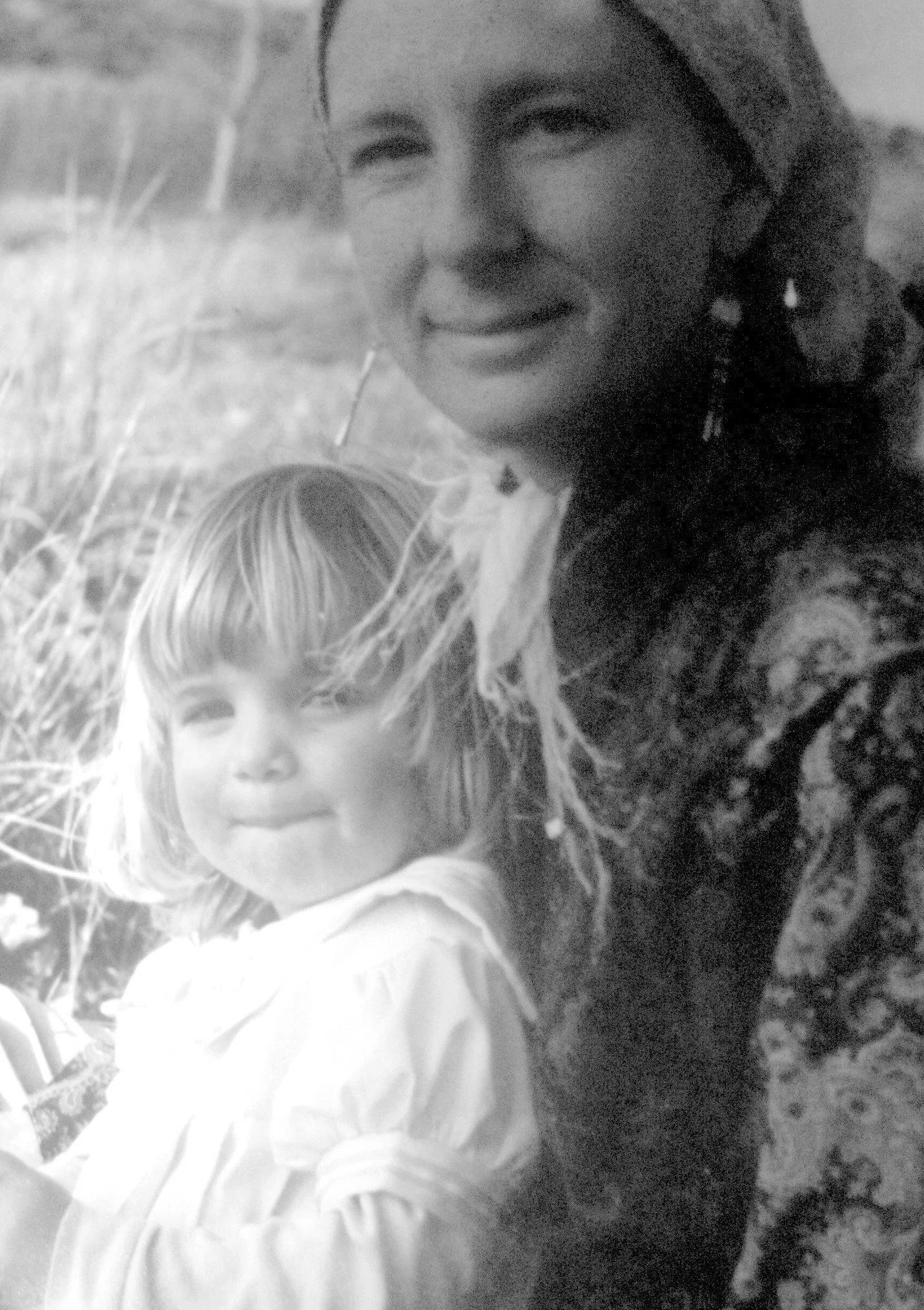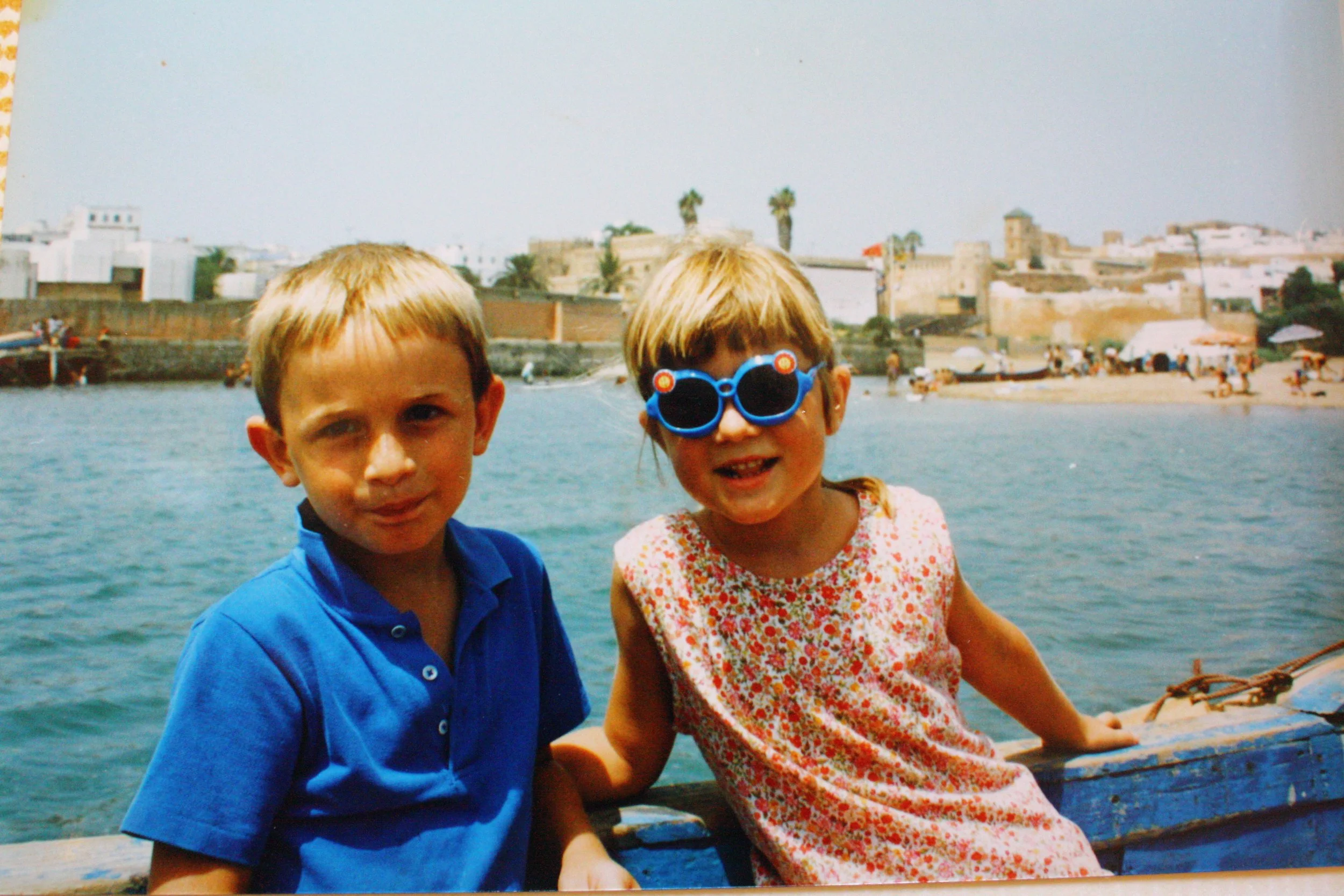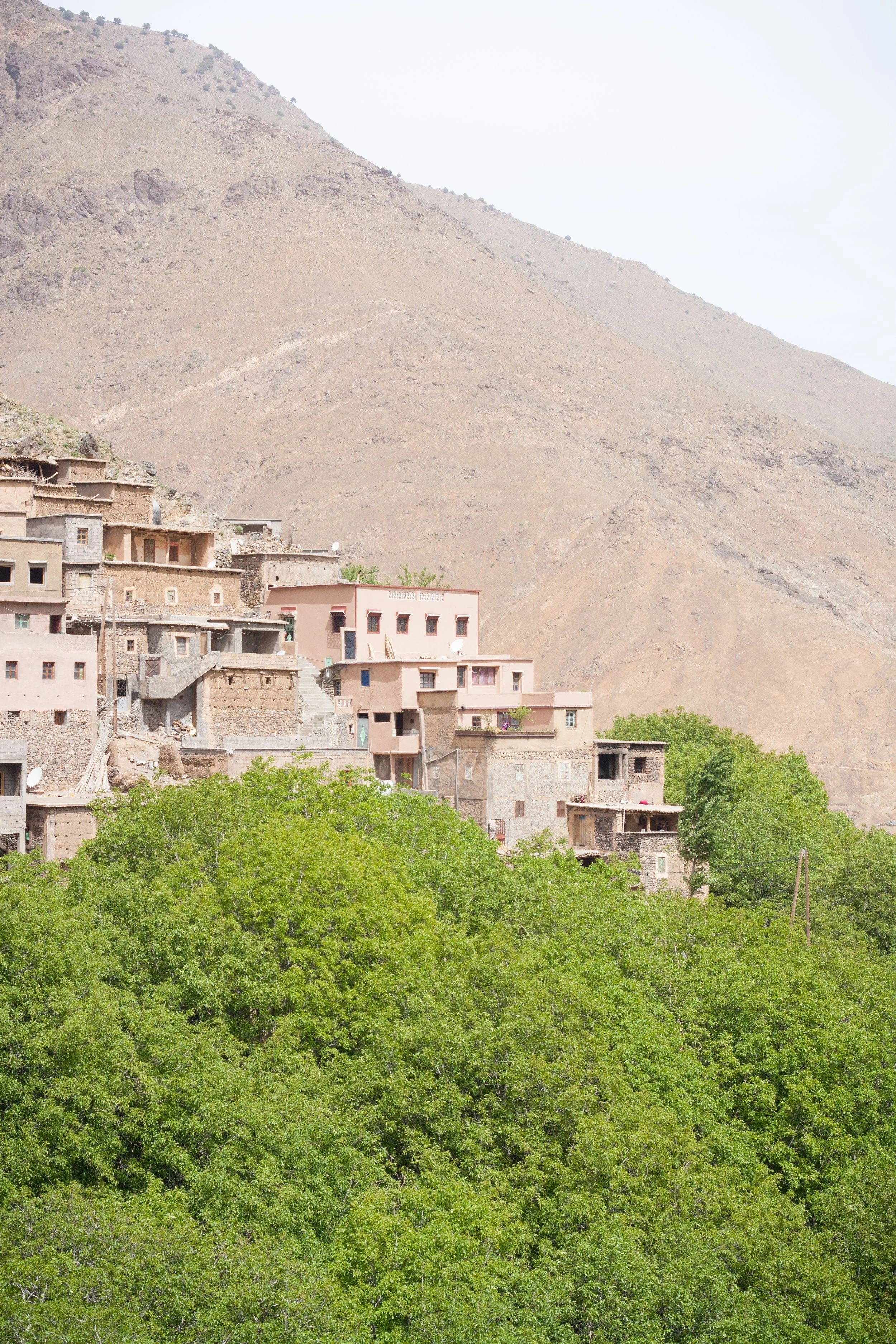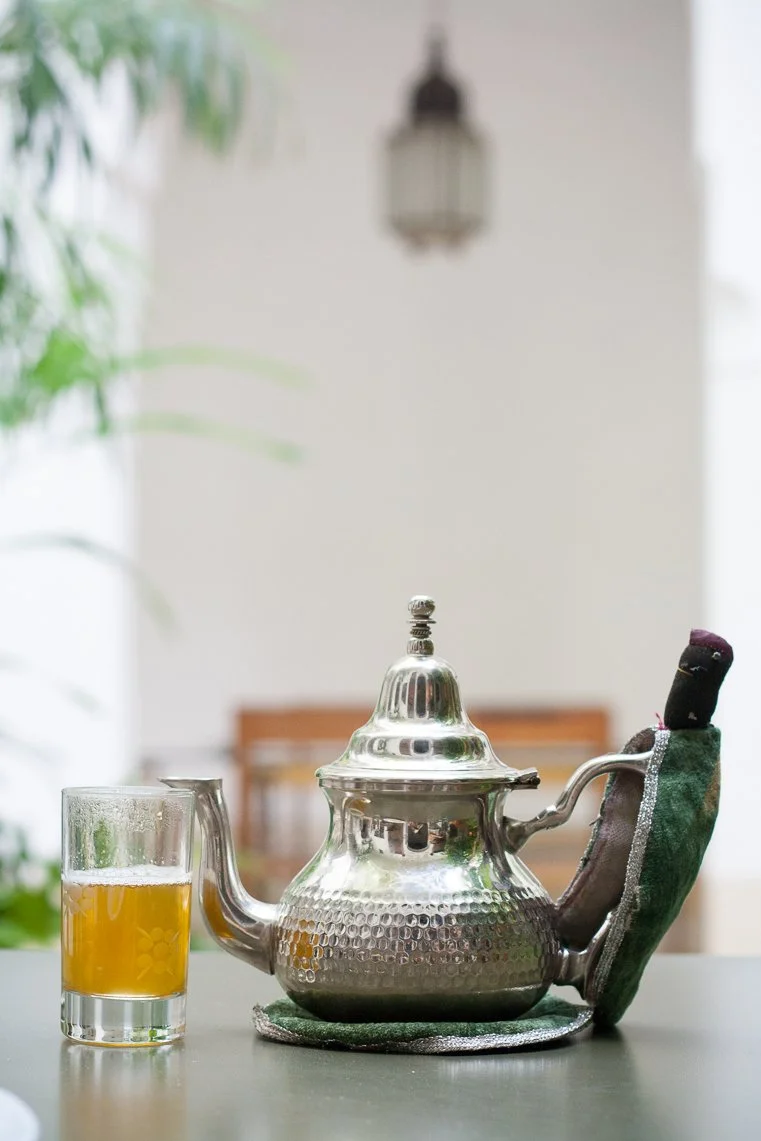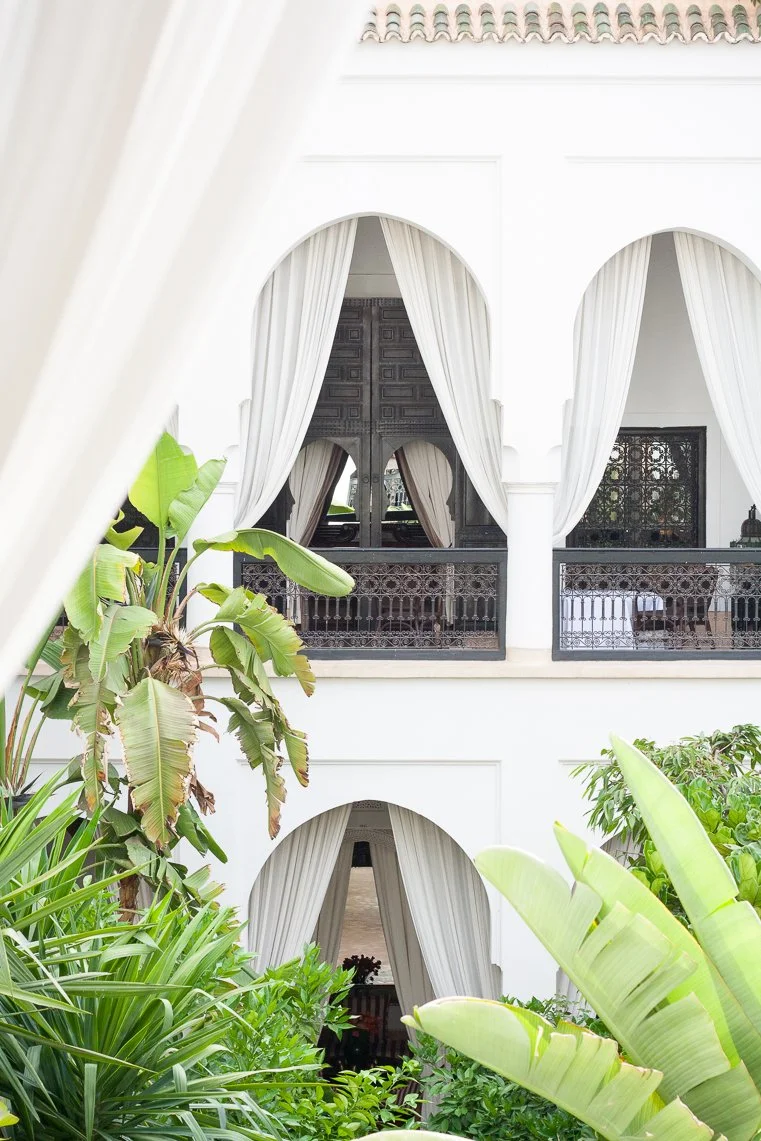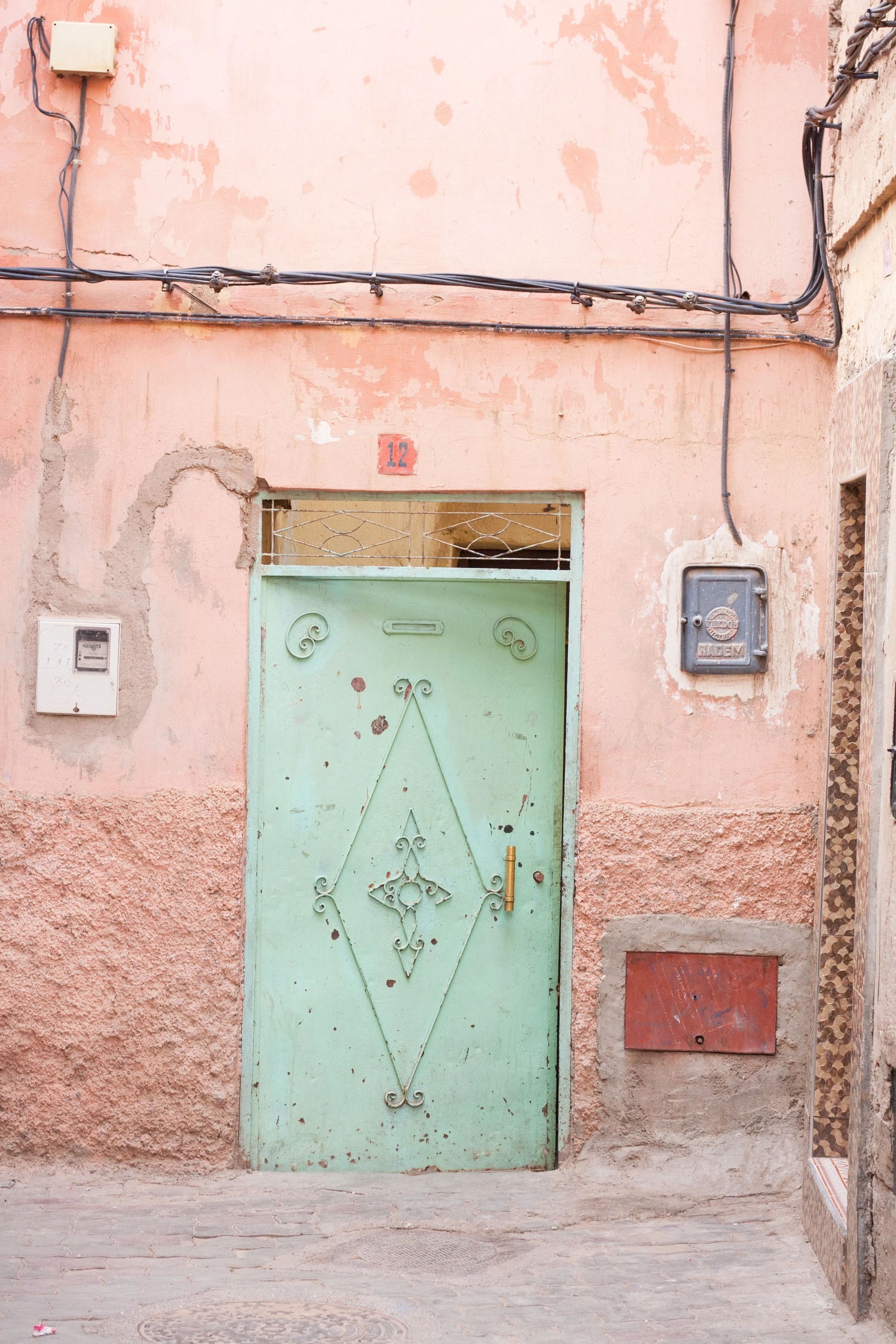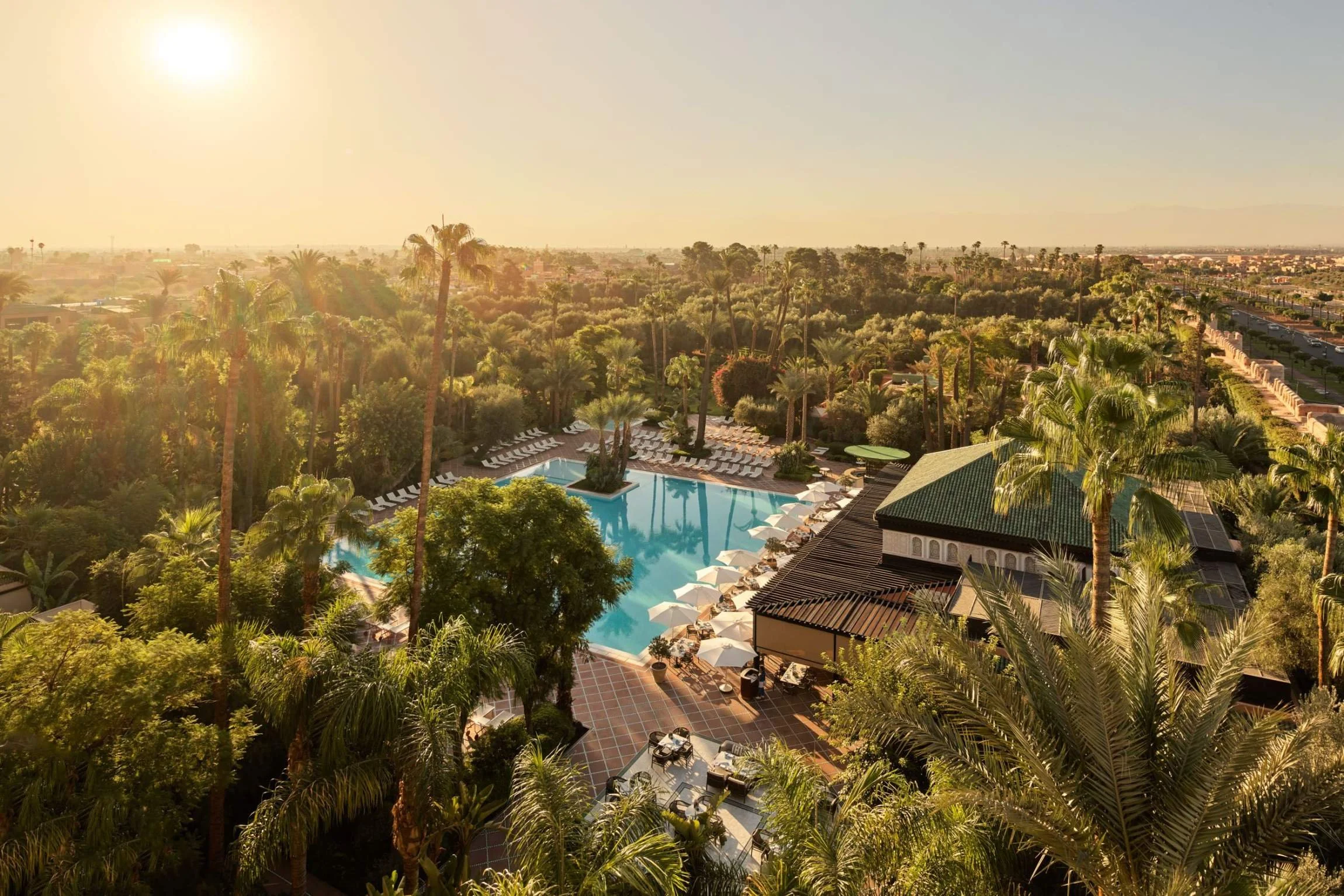Morocco: A Journey Back Home
Feeling hungover from my 11-hour flight to Casablanca, I approach the immigration desk where a friendly face with a bushy mustache greets me with “Salaam” (literally meaning “peace”). Dazed from exhaustion, I respond “Alaykum Salaam” and hand over my passport. He scans my ID page with a watchful eye. Name. Sarah Casewit. Place of Birth. Morocco. Nationality. USA. He looks up at me and asks in Arabic, “Where’s your Moroccan passport? I can’t let you through without a Moroccan ID.”
Stunned out of my stupor, I realize my mistake. Never speak in Arabic to the immigrations guy. It’s just confusing and leads to open-ended questions about my identity that I can’t begin to answer. I quickly switch back to English and play it cool. I say that I am an American who happened to be born in Morocco, and that I am merely a tourist in his country. My country, too, really, but I kept that to myself.
I’ll be honest. I never thought I’d return to Morocco as a traveler - especially having lived here for 20 years. Isn’t travel supposed to offer perpetual excitement of being in an unfamiliar place? Shouldn’t it have an element of the unknown by default? That’s what I thought too, until recently.
Born in Marrakech in the late 80s and raised in Fez and Rabat throughout the 90s, I lived in a relatively untouched Morocco, before it gained worldwide fame as a boho-chic tourist hotspot; before the big hotel chains took over the desert palmeraie. As a family, we traveled far and wide across the country, embracing every aspect of the culture as our own. We used to spend our summer holidays in the azure town of Chefchaouen, spring breaks in the Ourika Valley, and winter vacations skiing down the Atlas Mountains.
My parents reluctantly accepted that their four blond children spoke terribly broken English and couldn’t name the 50 states. But hey, they started it. They made it a point to completely immerse us into Moroccan culture and raise us with its deep-rooted values. Arabic was my first language and I knew little to nothing about American culture. I went to Moroccan public schools and had a very traditional lifestyle. Couscous on Fridays--as is the Moroccan custom; haggling for slippers in the souk; getting kaftans made at the tailor; riding public transport at age eight; splashing around the local hammam; and so on. This was a home to me and nothing out of the ordinary. But I realize this now: I was living every traveler’s fantasy childhood without knowing it and I am forever indebted to Morocco.
I left Morocco to study religion and culture in different parts of the world. I later had the opportunity of working in the luxury travel industry for some years, where I paired my knowledge with logistical expertise. Once I discovered my love for travel and realized its transformative capacity on one’s soul, I decided to launch Naya Traveler with two like-minded and inspiring women who share my vision. It is personal for me. I want to offer a way of exploring cultures that pays tribute to my childhood, to my incredibly fortunate experience growing up in Morocco. Needless to say, Morocco had to be one of our main destinations at Naya Traveler.
Titus Burckhardt, an old family friend who dedicated his life to protecting the old Fez as a UNESCO heritage site, once said: “In order to understand a culture, it is necessary to feel affinity for its values.” I have more than just an affinity to Morocco’s cultural values. They are practically my own. So, I decide to go back to Morocco--this time as a traveler, which brings me back to the beginning of my story.
Being a stranger in Morocco is... a strange feeling. It’s like meeting your ex after an awkward breakup - we’ve all been there, right? Will he recognize me? Will I remember him as I left him? Does he still think of me like I do?
“The palpable spirituality in people’s mannerisms. The strength of tradition that continues to withstand the influences of modern society. The dazzling colors, sounds and smells that can’t be captured on Instagram. The unshakable faith people have in destiny and fate. The mind-blowing number of sacred spaces in every village, town and city. My home country is manifesting itself in a new light, right before my very eyes.”
The moment I clear customs, I am treated as a foreigner and spoken to as a newcomer. It is jarring and leaves me with a sense of loss. Questioning your own identity when you think you have it all figured out is quite a startling experience.
However, after getting over the overwhelming feeling of disconnect, I start to see Morocco in a whole new light; one that is fed by my renewed curiosity and reverence to its cultural diversity and sophistication. My mission with Naya Traveler was to develop experiences that were true to the culture, authentic and unique. Thanks to this purpose that spearheaded my journey, I became aware of subtleties that I had taken for granted as a child. The palpable spirituality in people’s mannerisms. The strength of tradition that continues to withstand the influences of modern society. The dazzling colors, sounds and smells that can’t be captured on Instagram. The unshakable faith people have in destiny and fate. The mind-blowing number of sacred spaces in every village, town and city. My home country is manifesting itself in a new light, right before my very eyes.
During my “re-familiarization” trip, I trace my footsteps back to places I knew well growing up and rekindle my relationship with familiar landscapes. I am comforted by the strong acquaintance yet inspired by a revived sense of wonder. Marrakesh is even livelier than I had left it, filled with an energy that can only be found within its pink walls. Fez retains its medieval feel and undeniable sacred history that reverberates from the ancient alleyways. Rabat, the seaward gem of Morocco, is still calm and collected yet newly dynamic and metropolitan. The villages of Imlil and Asni in the Atlas Mountains are maybe more developed than I remember, but Berber culture remains strong and dominant. The far-flung villages in Zagora, to my surprise, have not changed one bit.
The most defining moment during this journey takes place in an adobe house, tucked deep in the High Atlas Mountains, overlooking the Ziz Valley. I am sitting with a Berber family on the patio of their beautiful home, sharing a pot of tea, homemade bread, and a bowl of exquisite olive oil from the local mill. The father has a kind face with sharp features and piercing eyes--typical traits of Berber men from the region.
He is telling me about life in his village and I share stories of my childhood spent near this valley. His daughter takes my hand to show me their simple house: rustic carpets and plush pillows seem to be the entirety of their belongings. She describes her daily life to me and asks me about my own. As we’re sitting on the floor, talking and giggling away, I feel an overwhelming sense of gratitude for being given the opportunity to connect and learn from a local in such an intimate setting.
“They say travel should take you to new places and uncharted lands for the full effect. This is partly true. Exploring your own backyard with a renewed perspective and a fresh sense of appreciation can be just as enriching, if not even more enriching. It can take what you already know to a deeper, transformative level and allow you to penetrate the intricacies of a culture in a way you would have never imagined before.”
It is after such experiences that I feel inspired to create journeys that go beyond the tourist route, that don’t just scratch the surface. I am blessed, yet again, with the opportunity to learn from Morocco and gain a brand new perspective. I am able to pair my past with the present in a way that allows me to focus on the true essence of Morocco’s culture and traditions. It is an opportunity of a lifetime--to design trips with all my heart and soul.
They say travel should take you to new places and uncharted lands for the full effect. This is partly true. Exploring your own backyard with a renewed perspective and a fresh sense of appreciation can be just as enriching, if not even more enriching. It can take what you already know to a deeper, transformative level and allow you to penetrate the intricacies of a culture in a way you would have never imagined before.
Interested in Morocco?
As a semi-native to Morocco, I have spent 20 years living in this beautiful country and have planned over 500 trips for travelers all around Morocco.
More from the Travelogue
